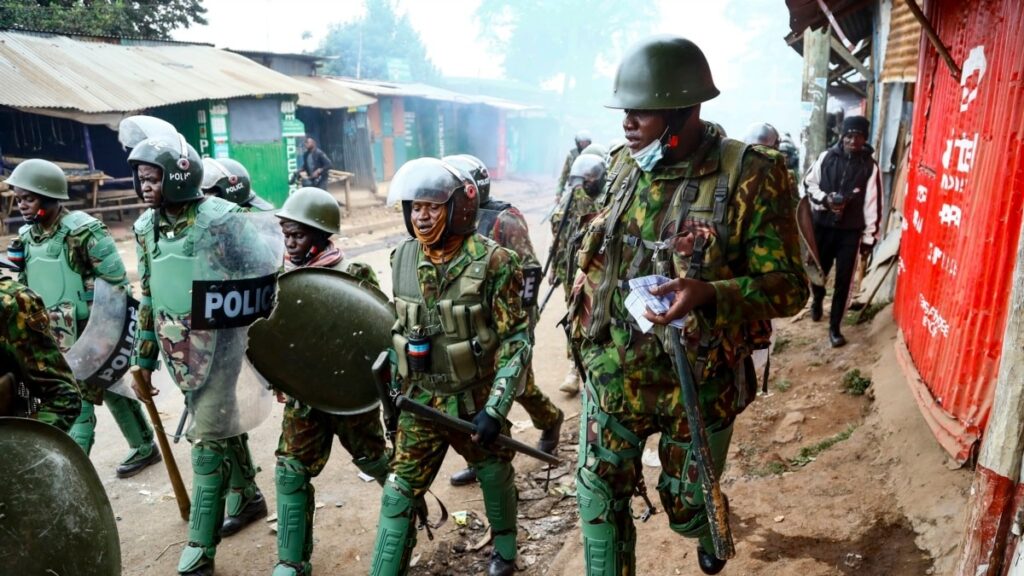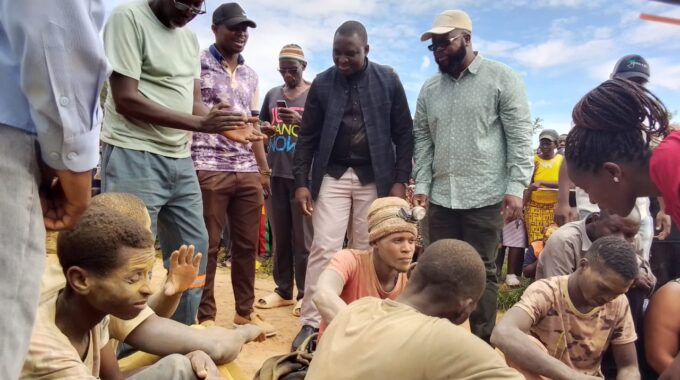In a blow to Kenya’s plans to lead a multinational international force in Haiti, the country’s High Court has issued an extension on a temporary order, preventing the government from deploying hundreds of police officers to the French-speaking Caribbean Community (Caricom) nation. The United Nations Security Council had previously authorised the deployment through a resolution co-drafted by the United States and Ecuador, granting a one-year mandate with a review after nine months.
The Kenyan National Assembly has yet to schedule a debate regarding the motion to deploy the contingent, which is expected to consist of approximately 1,000 police officers. Despite this, several Caribbean Community countries have expressed their willingness to participate in the initiative.
However, the court order, initiated by former presidential candidate Ekuru Aukot on October 9, temporarily halted the deployment plan. Aukot argued that the law permitting the president to deploy Kenyan forces conflicted with constitutional articles. The Kenyan government has affirmed its commitment to seek parliamentary approval before the officers are dispatched.
“The court has extended the interim orders stopping the deployment of Kenya police to Haiti until the petition is determined,” stated Aukot, noting that the original order expired on Tuesday. The case is set to continue on November 9.
Highlighting the urgency of the situation, the United Nations Special Representative in Haiti, María Isabel Salvador, addressed the Security Council on Monday, emphasizing the deteriorating security conditions in the country due to escalating gang violence. She stressed the significance of holding elections as a means to establish sustainable rule of law and restore democratic institutions in Haiti.
Salvador underlined, “Elections are the only path and the only imperative to restore democratic institutions in Haiti. Only democracy and the rule of law can form the basis from which Haiti can progress towards development and growth.”
The prevalence of rampant gang violence, predominantly concentrated in the capital city of Port-au-Prince, exacerbates the already dire situation in Haiti, where nearly half of the population is dependent on humanitarian aid. Additionally, the country has endured a series of challenges in recent years, including a cholera epidemic, earthquakes, cyclones, and the assassination of President Jovenel Moïse in July 2021.









No comment yet, add your voice below!